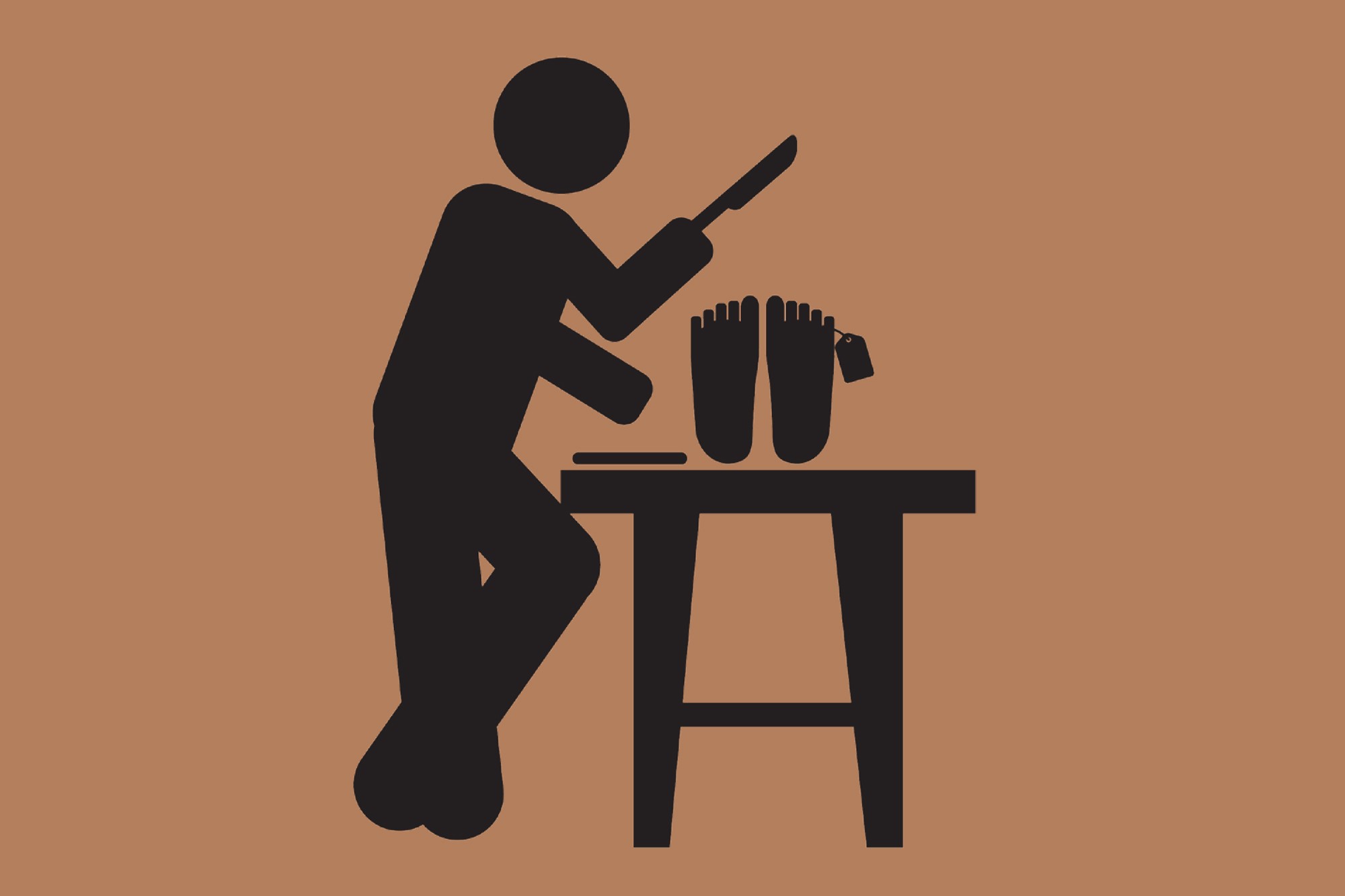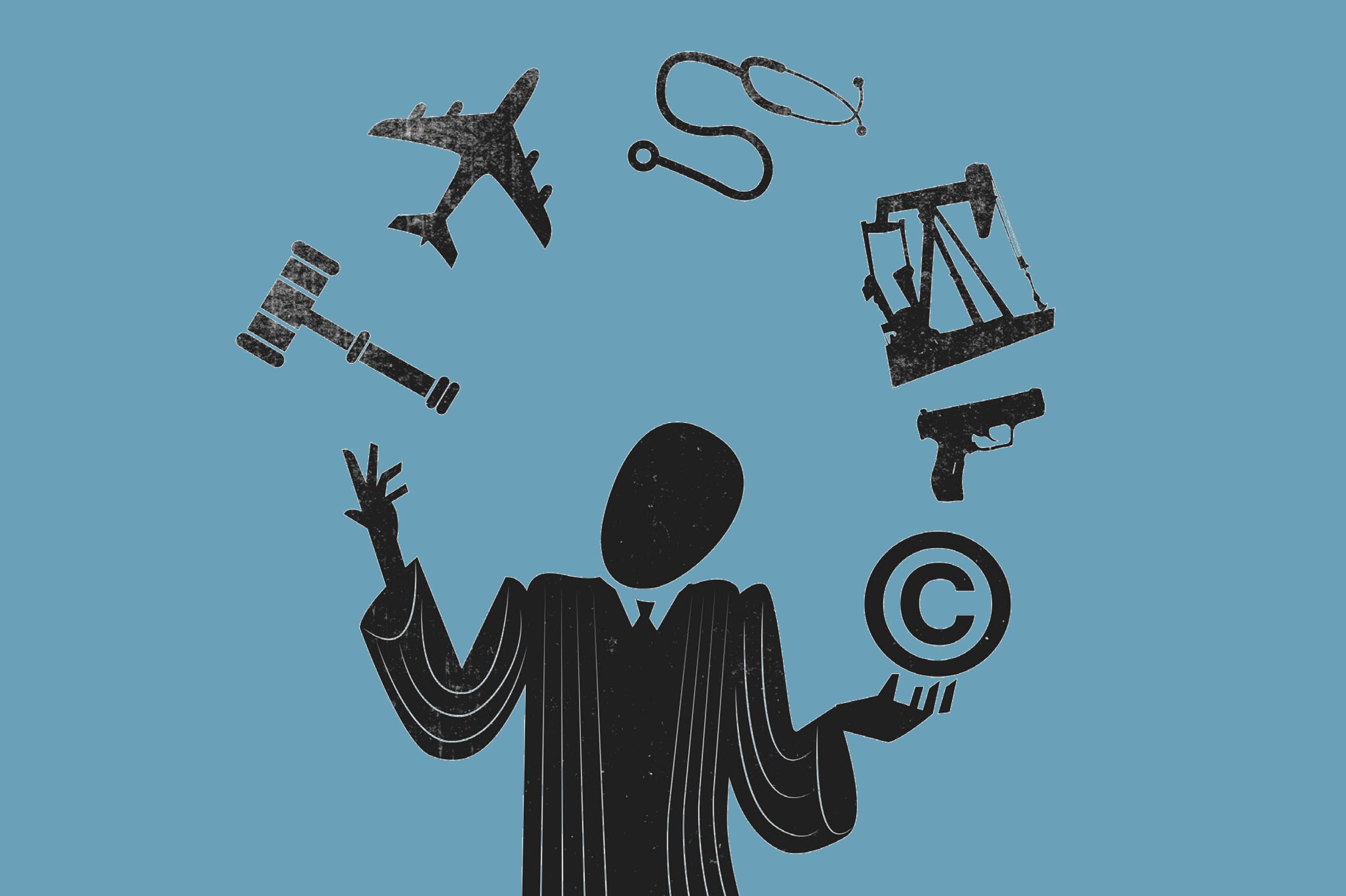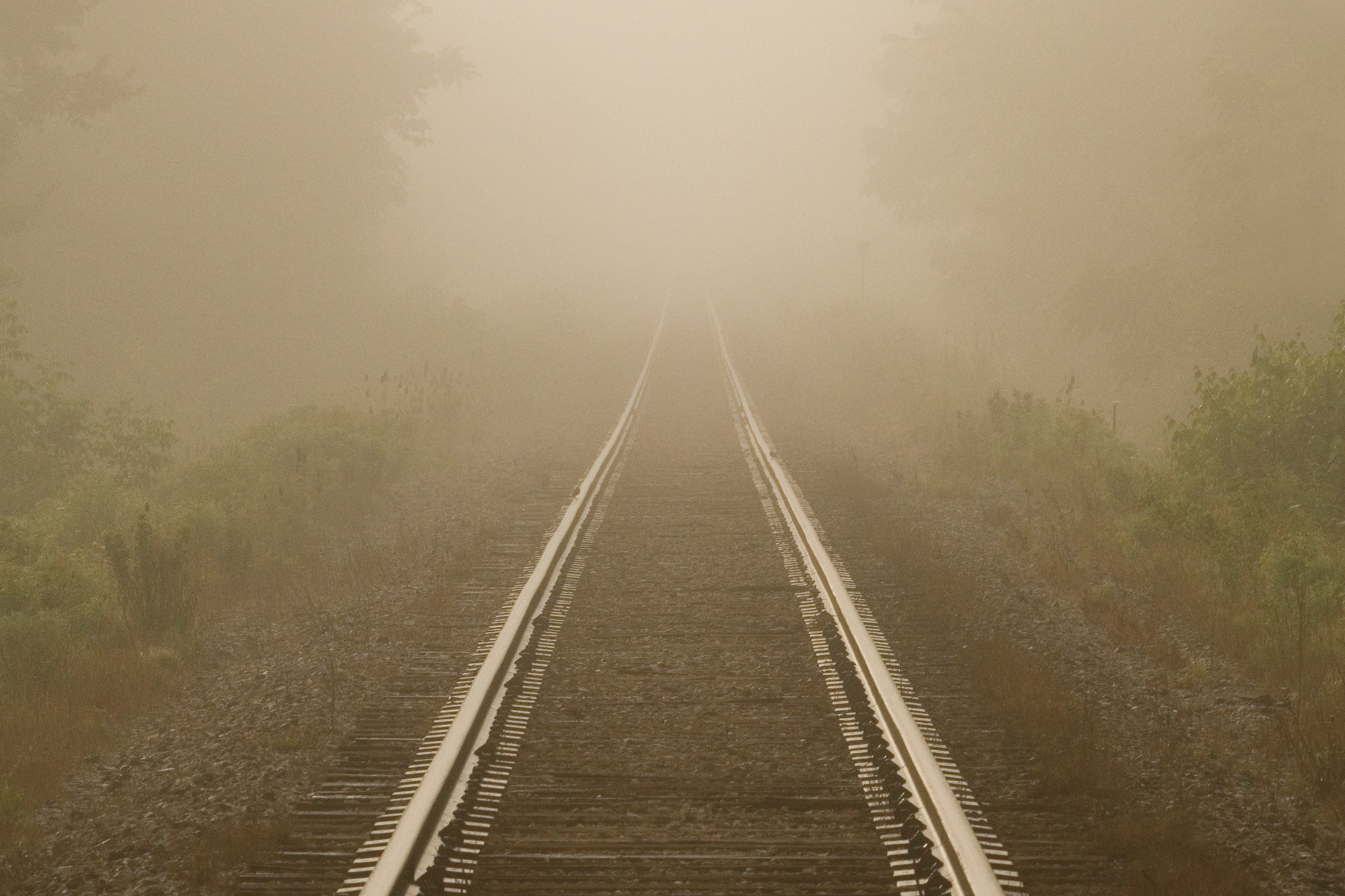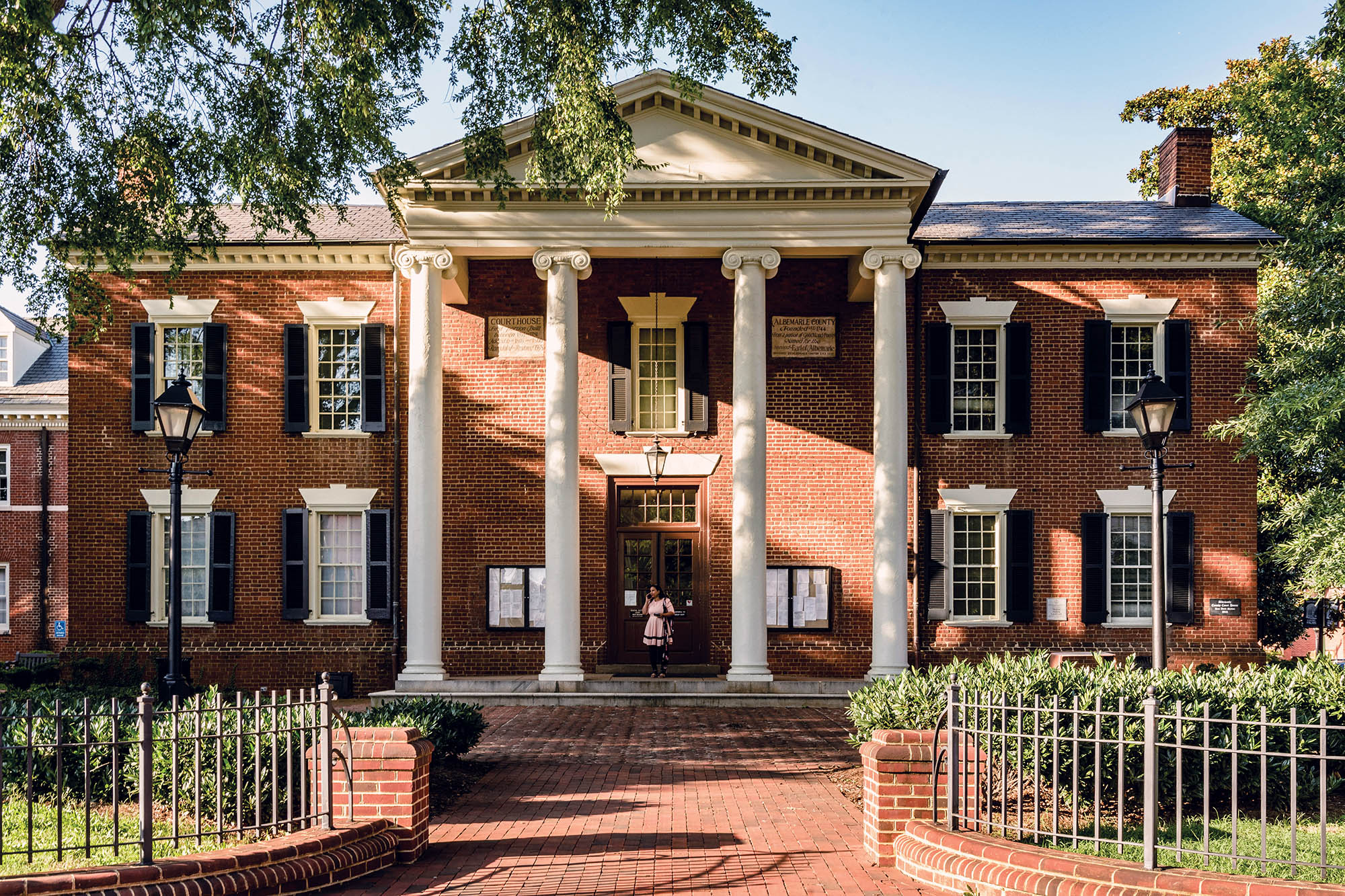Feature
 Federal Courts
Federal Courts
Rule 37(e): The New Law of Electronic Spoliation
Vol. 99 No. 3 (2015) | Fixing DiscoveryEffective dec. 1, 2015, federal rule of civil procedure 37(e) will change dramatically the law of spoliation. Prior to the adoption of this rule, the Circuits had split on the […]
 Criminal Law
Criminal Law
Autopsy Reports and the Confrontation Clause: A Presumption of Admissibility
by Daniel J. Capra and Joseph Tartakovsky
Vol. 99 No. 3 (2015) | Fixing DiscoveryIn 2004, the Supreme Court, in Crawford v. Washington, restored the “original meaning” of the Sixth Amendment’s Confrontation Clause. The framers of that clause — which guarantees a criminal defendant the right […]
 Civil Law, Federal Courts
Civil Law, Federal Courts
From Rule Text to Reality: Achieving Proportionality in Practice
by Steven S. Gensler and Lee Rosenthal
Vol. 99 No. 3 (2015) | Fixing DiscoveryIn November 2014, a year before the 2015 discovery amendments could become effective, the Duke Center for Judicial Studies started a project to provide guidance for judges and lawyers on […]
 Judging, Federal Courts
Judging, Federal Courts
How Federal Judges Contribute to Mass Incarceration and What They Can Do About It
by Jon Deitrich and Lynn S. Adelman
Vol. 99 No. 3 (2015) | Fixing DiscoveryTalk of reforming federal sentencing law is much in the air. Increased public awareness of the fact that the United States is the world capital of mass incarceration has prompted […]
 Judging, Federal Courts
Judging, Federal Courts
Judge of All Trades: Further Thoughts on Specialized Courts
Vol. 99 No. 3 (2015) | Fixing DiscoveryThe proverbial visitor from Mars (or perhaps from the habitable exoplanet Kepler-62f) with an interest in judicial systems would have no trouble perceiving that Earthlings follow two distinct philosophies about […]
 Civil Law, Federal Courts
Civil Law, Federal Courts
New Rules, New Opportunities
Vol. 99 No. 3 (2015) | Fixing DiscoveryIn May of 2010, some 200 judges, lawyers, and academics gathered for two days at the Duke University Law School to evaluate the state of civil litigation in federal court. […]
 International, Judging
International, Judging
Judicial Selection and Judicial Independence
Judicature International (2021-22) | An online-only publicationThe process of judicial selection varies dramatically across the globe. Even countries with similar legal structures and systems might select judges in different ways. And while most scholars agree that […]
 Civil Law
Civil Law
Open Road? Ford Reroutes Personal Jurisdiction
by Zachary Clopton, Mila Sohoni, Kevin Clermont and Marin K. Levy
Vol. 105 No. 3 (2021) | Leaving AfghanistanWhen can a plaintiff sue in their home state? The answer to that question was once answered fairly simply in a single first-year law class. But over the past decade, […]
 Law & Culture, State Courts
Law & Culture, State Courts
Polarization and Partisanship in State Supreme Court Elections
Vol. 105 No. 3 (2021) | Leaving AfghanistanClick here to download this article’s accompanying appendix. The increase in partisan polarization in the United States over the last several decades is evident in a variety of ways: in roll-call […]
 Judging, Law & Culture
Judging, Law & Culture
Taking Center Stage: The Virginia Revival Model Courtroom
by Justine Parry Welch and Robert J. Conrad Jr.
Vol. 105 No. 3 (2021) | Leaving AfghanistanCourthouses serve as monuments to our legal tradition, so a willingness to reconsider design assumptions is essential to the continuing vitality of jury trials.

